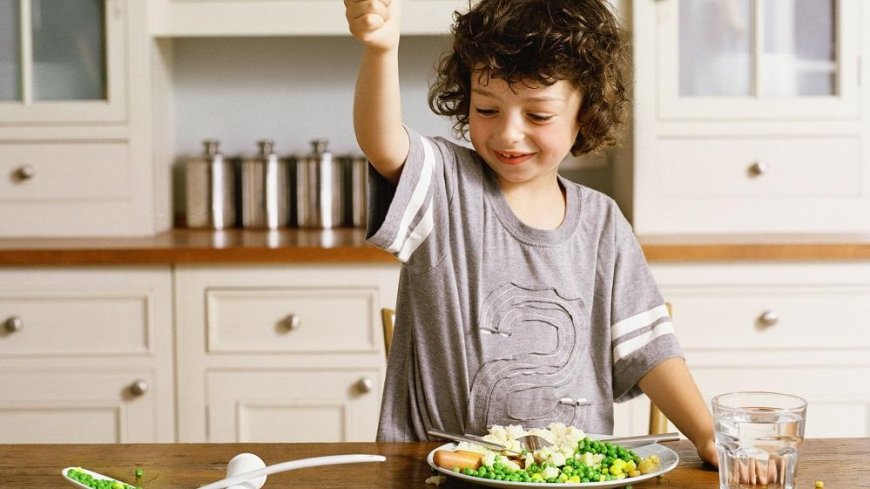Setting boundaries - how much independent a child should be
and carefully, and not to count on luck maybe it will work, maybe not. Setting boundaries - how much independent a child should be.

How to teach your child to draw conclusions from his decisions - that is, how important it is to act skillfully and carefully, and not to count on luck ("maybe it will work, maybe not"). Setting boundaries - how much independent a child should be.
Every parent wants their child to learn from mistakes, preferably someone else's. We want them to estimate the risk of their actions, to be able to predict potential threats and positive consequences of their actions. But can we ourselves do it? Doesn't it happen that we also make bad decisions, avoiding proper analysis of the situation and hoping for luck?
Experience matters
We make hundreds of decisions every day. It is impossible for all of them to be good. The actions we perform very often have both positive and negative effects at the same time. So now that we know that mistakes are unavoidable, it's a good time to accept them as much as possible and start learning from them.
When making decisions, adults prioritize tasks based on their many years of experience and acquired knowledge - and they often make mistakes. How is this situation different from that of a child's world? An adult in the home is unlikely to be held responsible for the natural mistakes of everyday life. The parent is also able to repair the negative effects of his decisions faster and rarely has to explain them.
Children are much more difficult. They want to be responsible and independent - they make various attempts to make decisions about themselves and others. When they make a mistake, they are often unable to remedy the negative consequences themselves. They ask for help from an adult or this help is forced on them. Very often parents make judgments at such moments - both through praise and reprimand.
Must Read:
Give him a chance
In order for children to be able to make decisions, they must be given the opportunity to do so. Parents who provide their children with space to make decisions and make mistakes, teach them independence and responsibility.
What happens when the elections are wrong? At this point, the child will know how to fix the error or who to turn to for help. It is important to be aware that they will not be negatively assessed, they will simply get support.
How to do it?
A typical set of decisions, for example at lunch, might look like this:
- The child wants to pour himself drinking water,
- A jug with a drink, considering the child's capabilities, is large and heavy, and the glass is several times smaller than the jug,
- The jug contains a lot of liquid, a glass can only hold a fraction of this capacity,
- The child's task is to estimate how much water will fit in the glass, how quickly the water should be poured in to assess the pace of filling the glass, with what inclination to hold the jug so as not to spill the drink, and finally in what position to hold the jug to pour water into the glass, not on the table.
Must Read: Your child is imitating you “ what to do when you make a mistake
The ability to pour water from the jug was preceded by numerous attempts, errors resulting in repeated spilling of water, stained tablecloths, etc. After many attempts, the older child can already pour water without fail.
But even as an adult, we sometimes make a mistake and miss the drink in the glass. And then what? As adults, we take a cloth, wipe it, and after the trouble.
However, children sometimes hear: how many times do I have to tell you; wait, I'll do it for tiffany, who's going to wipe it now? Don't move when you can't¦ This is an example of how, perhaps, some parents behave when a child tries to make their own decisions.
The aforementioned regularity of behavior applies not only to simple decisions, but also to those that have a much greater impact on life.
Finally, remember!
What can a parent do so that the child is not afraid of making mistakes, but is also more willing to learn from them?
Parents should remember to:
- Give your child a safe space to make mistakes.
- Consciously encourage people to make independent decisions.
- Don't criticize you for trying to make a decision yourself.
- Praise for wanting to be independent.
- Help repair the consequences of bad decisions.
- Show where the error in estimation occurred.
- Indicate what to pay attention to next time.
If our child does not develop independent decision-making skills, pressure from peer circles can be embarrassing in the future. The child will wait for someone to make the decisions for him. Therefore, let's start teaching the child to be independent as soon as possible!
